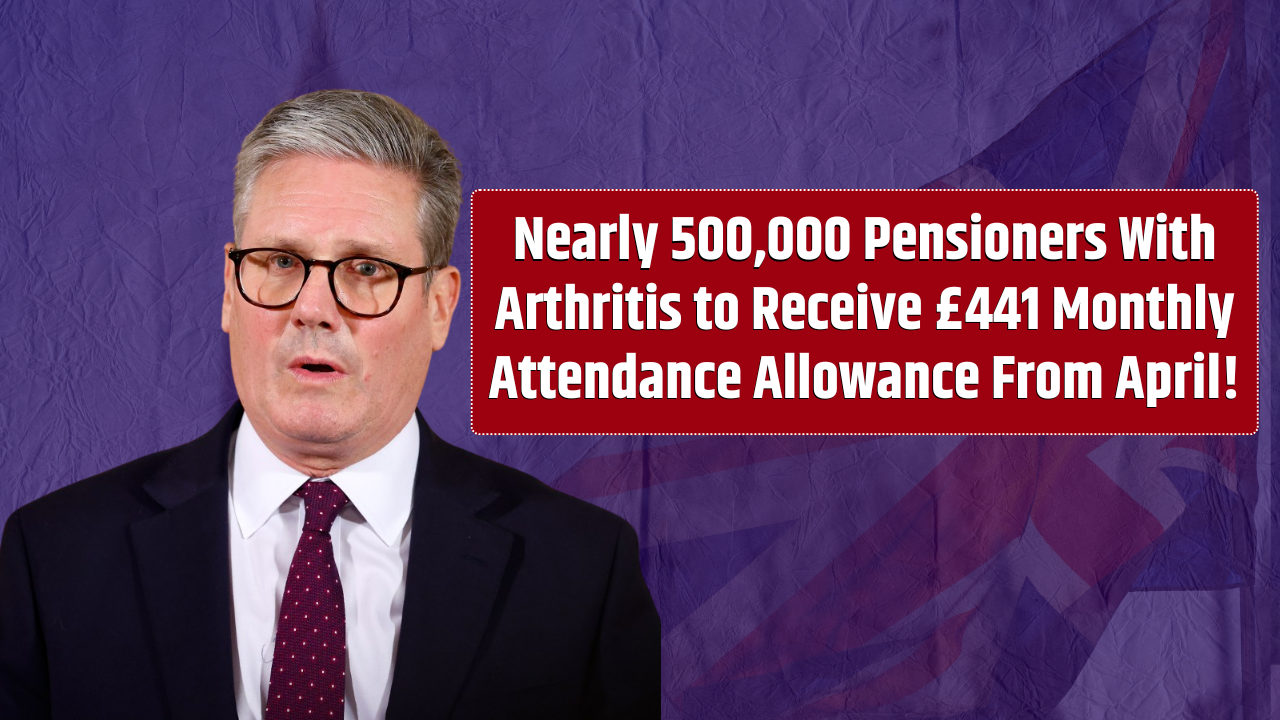The Department for Work and Pensions (DWP) has announced a major shift in how Jobcentres operate, redeploying 1,000 work coaches to focus on long-term unemployed individuals, particularly those receiving health-related benefits.
These work coaches—already part of the Jobcentre workforce—will now provide intensive, tailored employment support to help thousands of individuals with disabilities or long-term health conditions re-enter the job market. The move is part of a broader government strategy to combat economic inactivity and reform the UK welfare system.
What Will Work Coaches Do?
The newly assigned work coaches will focus on delivering personalised guidance for job seekers who face barriers to employment due to health or disability. Their support will include:
- CV writing and job application help
- Interview preparation and training
- One-on-one job search support
- Access to local employment programs and training
- Referrals to health and wellbeing services when needed
This hands-on, person-centred approach is designed to provide consistent support, increase confidence, and bridge the gap between unemployment and sustainable work.
A Broken System: Reforming the Welfare State
Work and Pensions Secretary Liz Kendall has described the current welfare system as “broken,” particularly in how it serves people with long-term illnesses and disabilities. In her view, the system fails in three critical areas:
- Poor outcomes for claimants
- Low levels of trust in the benefit process
- A lack of meaningful support for people with health conditions
Kendall stressed that the most effective way to reduce welfare costs is to support more people into work—especially those with the potential to work but who currently feel excluded or unsupported by the system.
Financial Pressures Prompt Urgent Action
The government’s renewed focus on reform comes amid mounting pressure on the welfare budget. The 2024–25 welfare cap, originally set at £137.4 billion, is now forecast to be exceeded by £8.6 billion. This overspend has highlighted the urgency of tackling long-term benefit dependency and improving cost-efficiency.
To address this, the government is expected to introduce a green paper on sickness and disability benefits reform in spring 2024, with proposals aimed at:
- Updating the benefit eligibility criteria
- Expanding health and employment support services
- Simplifying access to work-related programs
- Improving the transition from benefits to employment
Building a More Inclusive Job Market
The DWP’s Jobcentre shake-up is designed to improve support for sick and disabled people while reducing long-term reliance on benefits. By redeploying work coaches, streamlining services, and preparing major reforms to health-related benefits, the government hopes to build a more sustainable welfare system—one that benefits individuals, employers, and the economy.
FAQs
What is changing at Jobcentres?
The DWP is redeploying 1,000 work coaches to focus on long-term unemployed people, especially those on health-related benefits, providing more personalised support.
How will work coaches help job seekers?
They will assist with CV writing, interview skills, job searches, and individualised guidance to help claimants move into employment.
What’s the government’s main goal?
To reduce welfare dependency, control rising costs, and help more sick and disabled individuals access meaningful employment.
What reforms are coming?
A green paper on sickness and disability benefits is expected in spring 2024, outlining structural changes to eligibility and support services.







